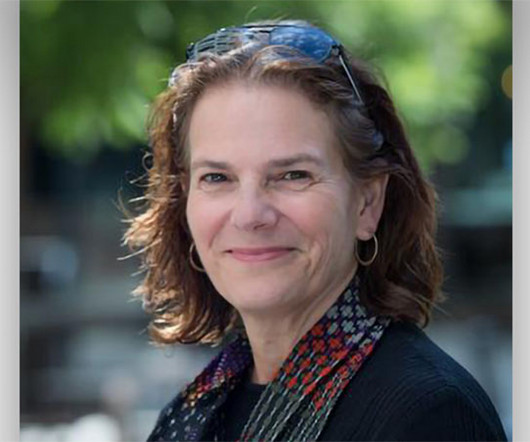Prevention of Dementia: Kristine Yaffe
GeriPal
MAY 11, 2023
A lot of these are more vascular risk factors: hypertension, certainly; diabetes; obesity. Physical activity is a big one. But there are some things that we really think we can modify: the vascular risk factors, sleep, physical activity, maybe cognitive activity, and what kind of bang for the buck could we get?













Let's personalize your content